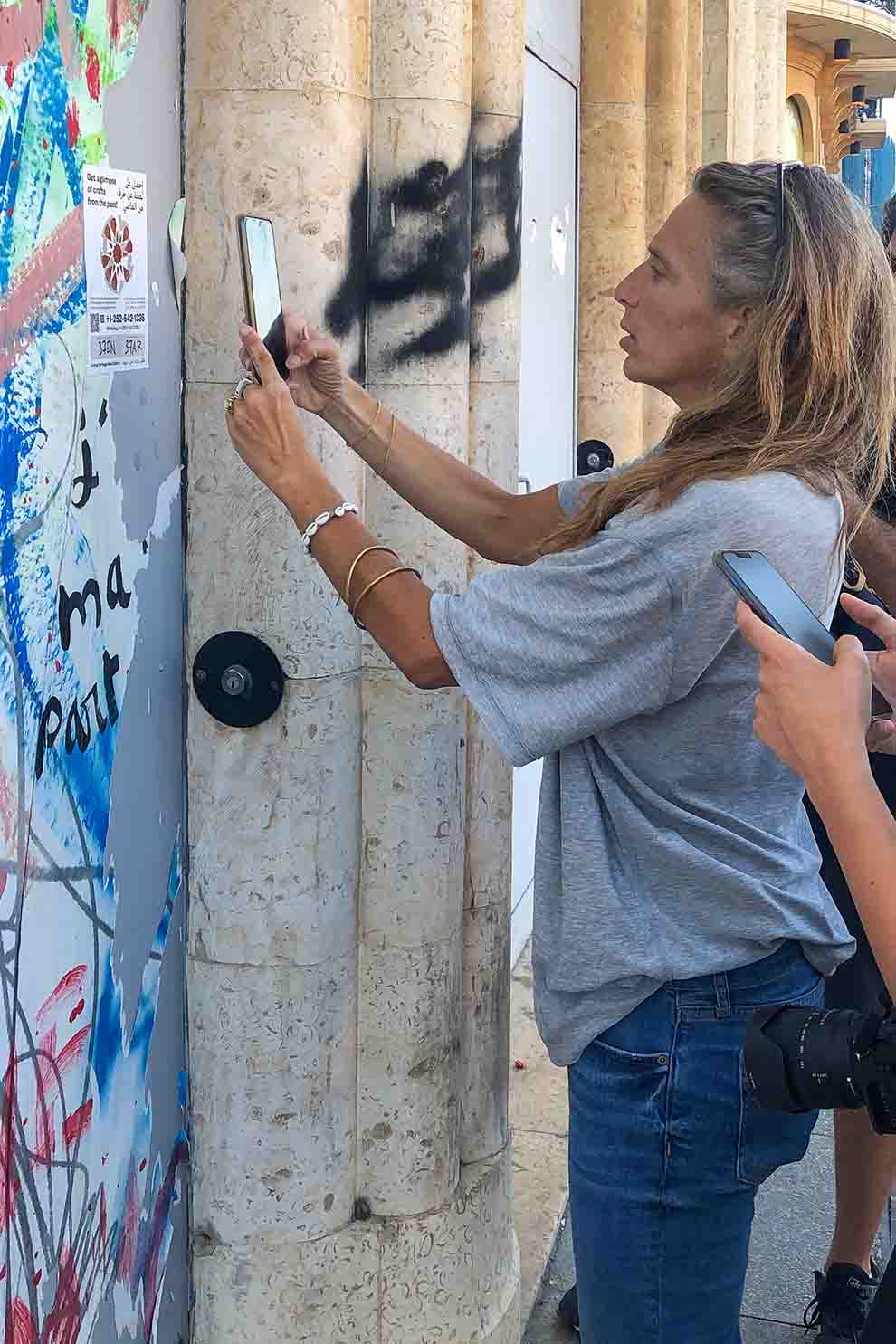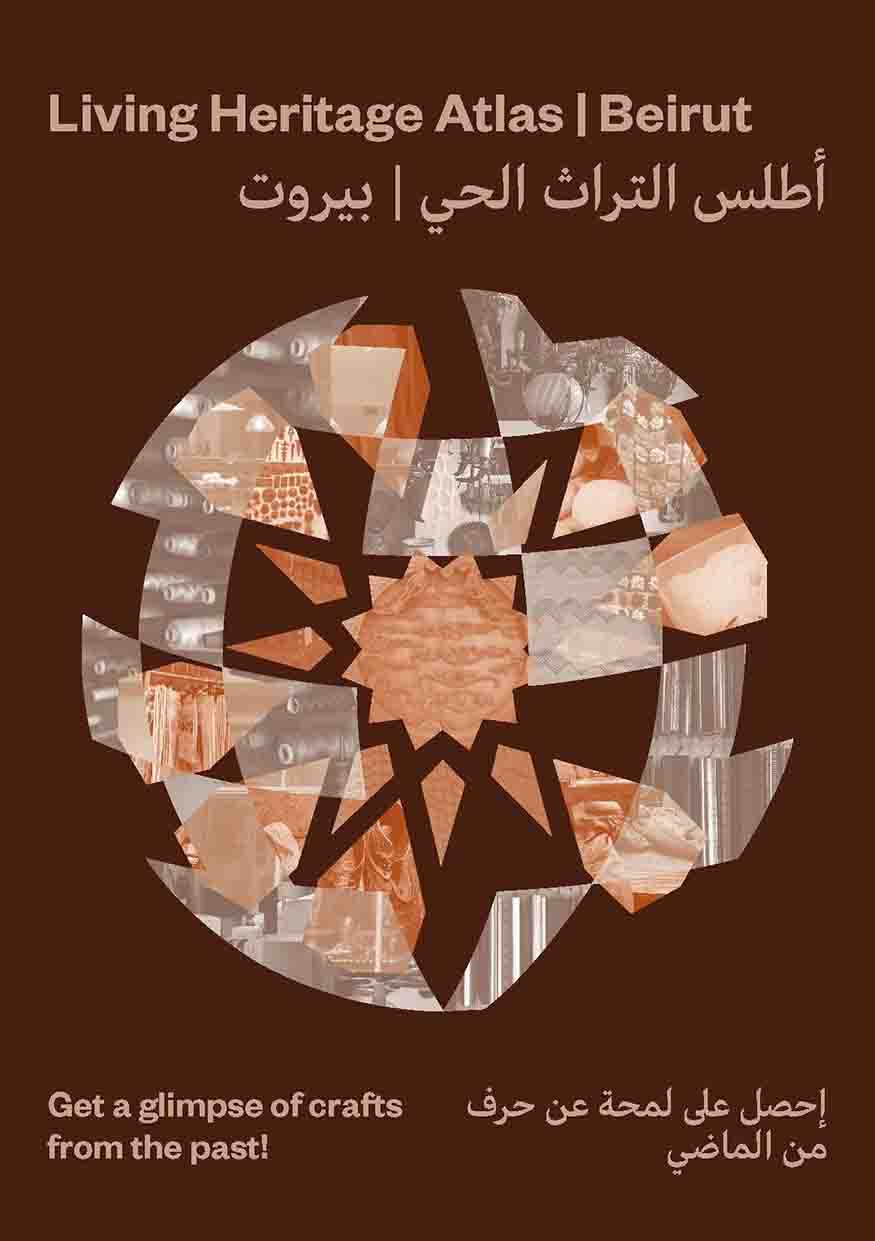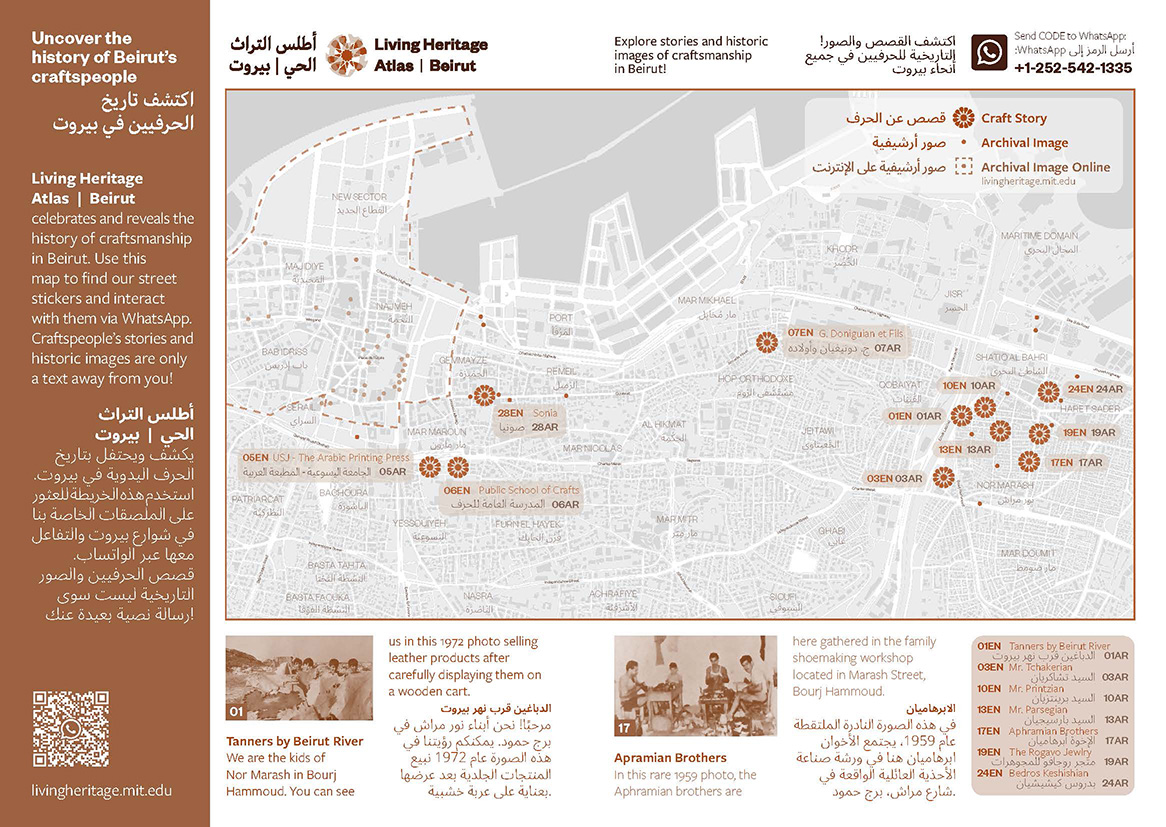Living Heritage Atlas
Living Heritage Atlas celebrates the past and present of local artisanship in Beirut through archival data, interviews and community workshops. By leveraging historical data and interactions with craftspeople, the Living Heritage Atlas advocates for a more equitable future for small local crafts businesses. This project recognizes the enduring vulnerability of Beirut-based craftspeople as they cope with the ongoing economic crisis, post-disaster challenges and fierce global market competition.

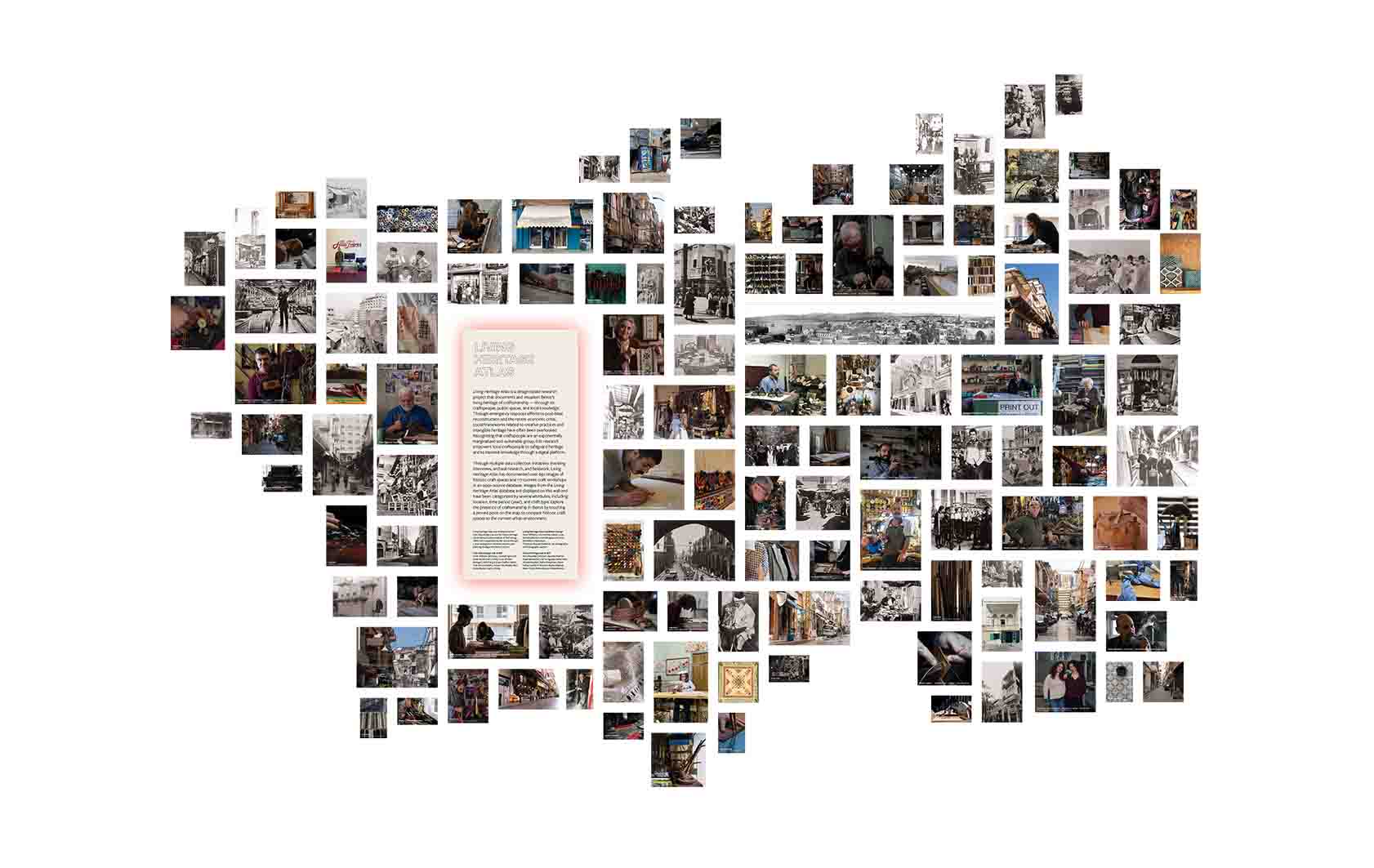
Rebuilding Beirut
Using Data to Co-Design a New Future
(2023 Exhibition in Venice)
In May 2023, the Venice Biennale will feature “Tools for Rebuilding Beirut”, a showcase of three collaborative research and design proposals led by faculty, researchers and students from MIT’s School of Architecture and Planning. Each intervention addresses a unique aspect of rebuilding Beirut’s urban fabric: from the significance and vulnerability of cultural heritage in Living Heritage Atlas; to the environmental impacts of the explosion and the subsequent rebuilding efforts in City Scanner; to the redesign of streets and public space in Community Streets.
Community Engagement
In July 2022, Living Heritage Atlas held workshop walking tours, a participatory mapping workshop, and a panel discussion on documenting craftsmanship, legitimizing craftpeoples’ presence, and mobilizing shared spaces to connect stakeholders working on the craftsmanship in Beirut.
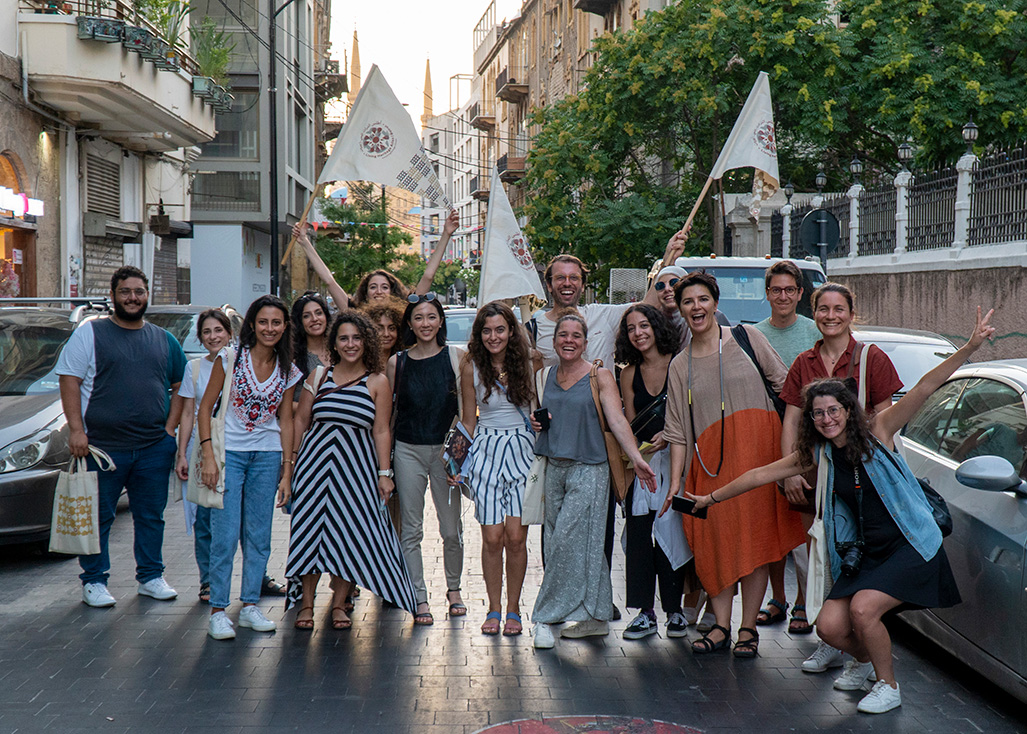
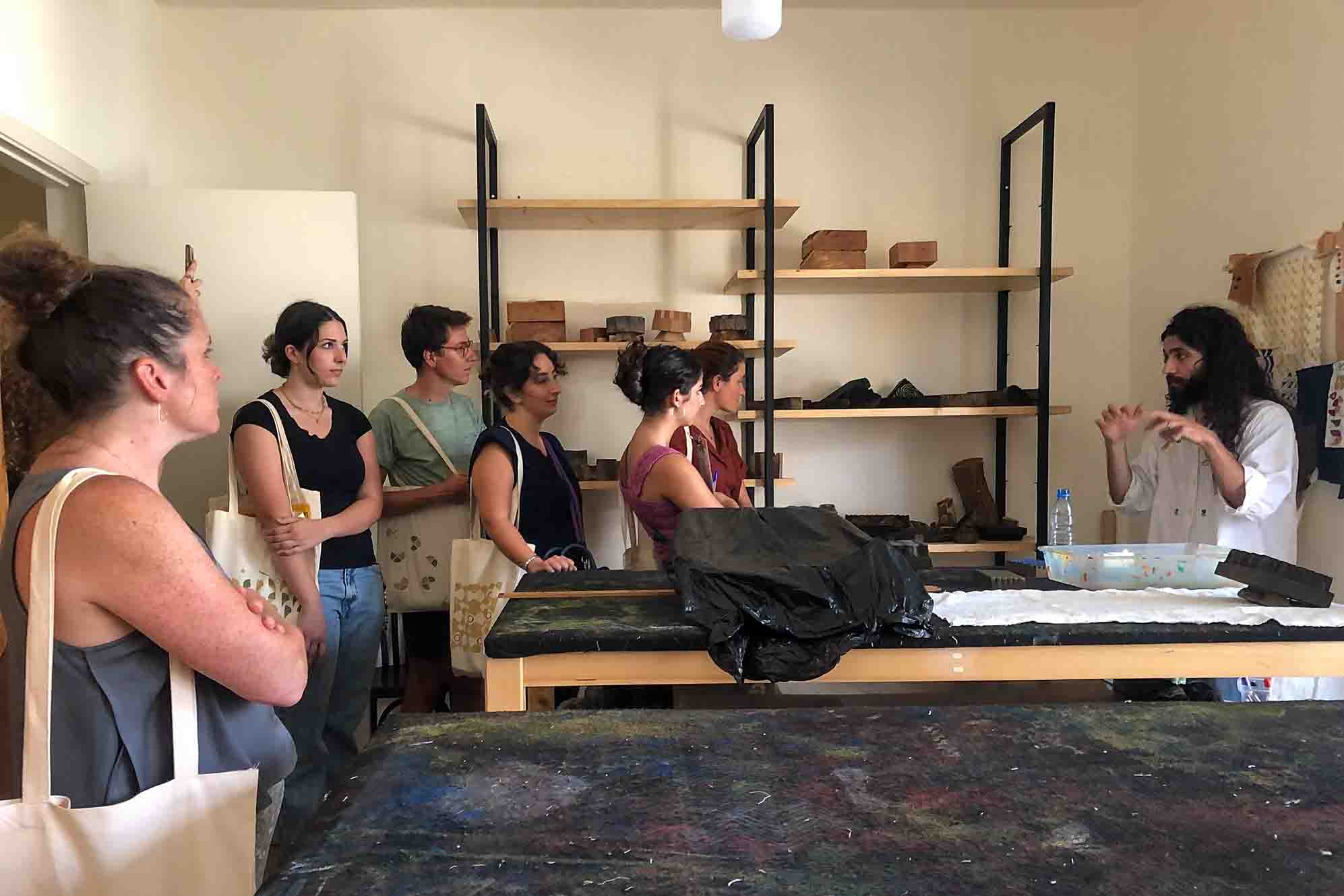
Craft Workshop Tours
The Craft Workshop Tours were a result of extensive work to locate as many craftsmen and learn more about their crafts and stories. In the Craft Workshop Tours, participants walked around the streets of Gemmayze, Mar Mikhael and Bourj Hammoud to meet local endangered and unrecognized craftsmen at an intimate scale, shedding light on this culture and enhancing its liveliness and know-how. The event hosted 15 individuals at the time to maximize the learning experience and allow for connections to build between the craftsmen and the participants.
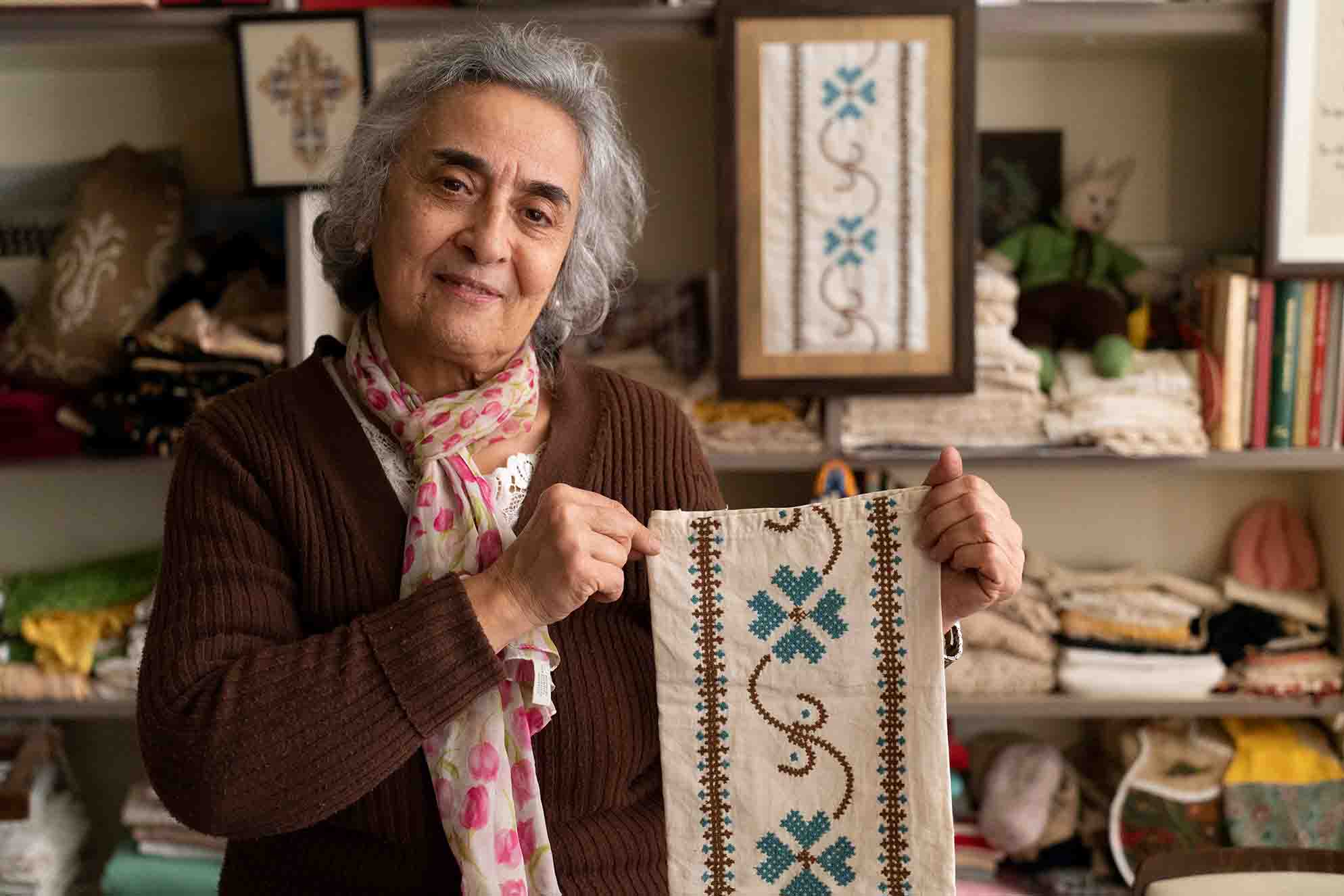
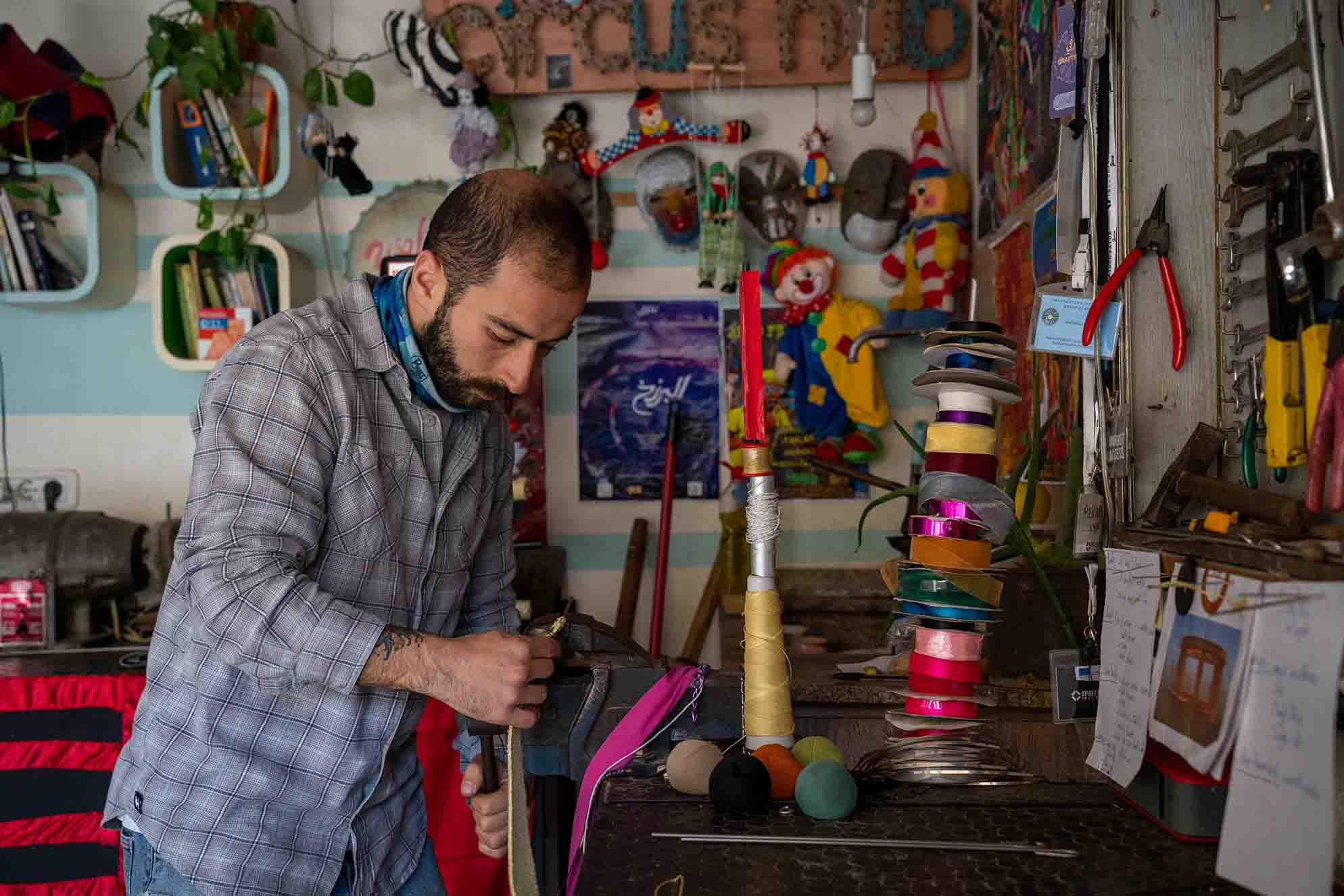
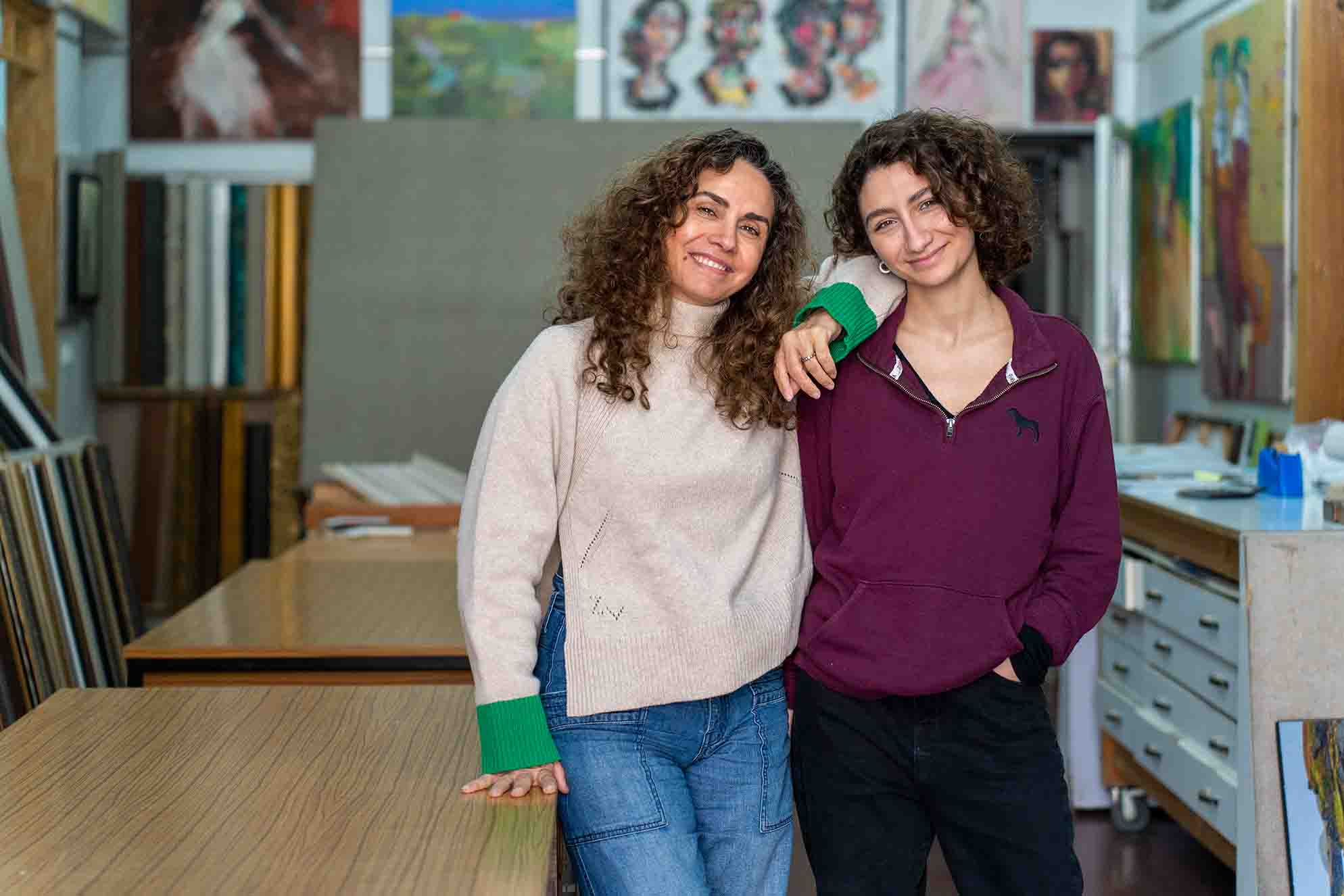
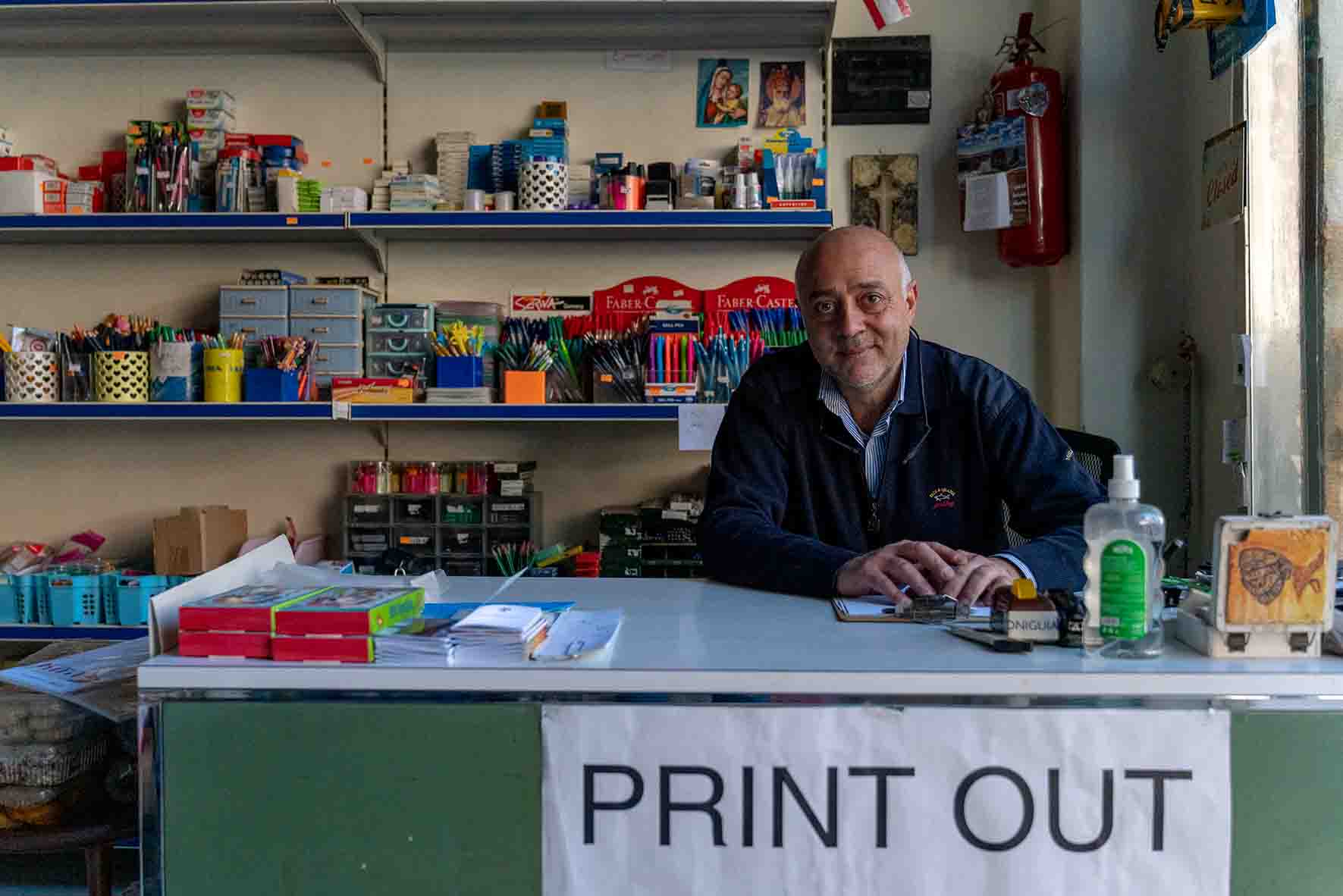
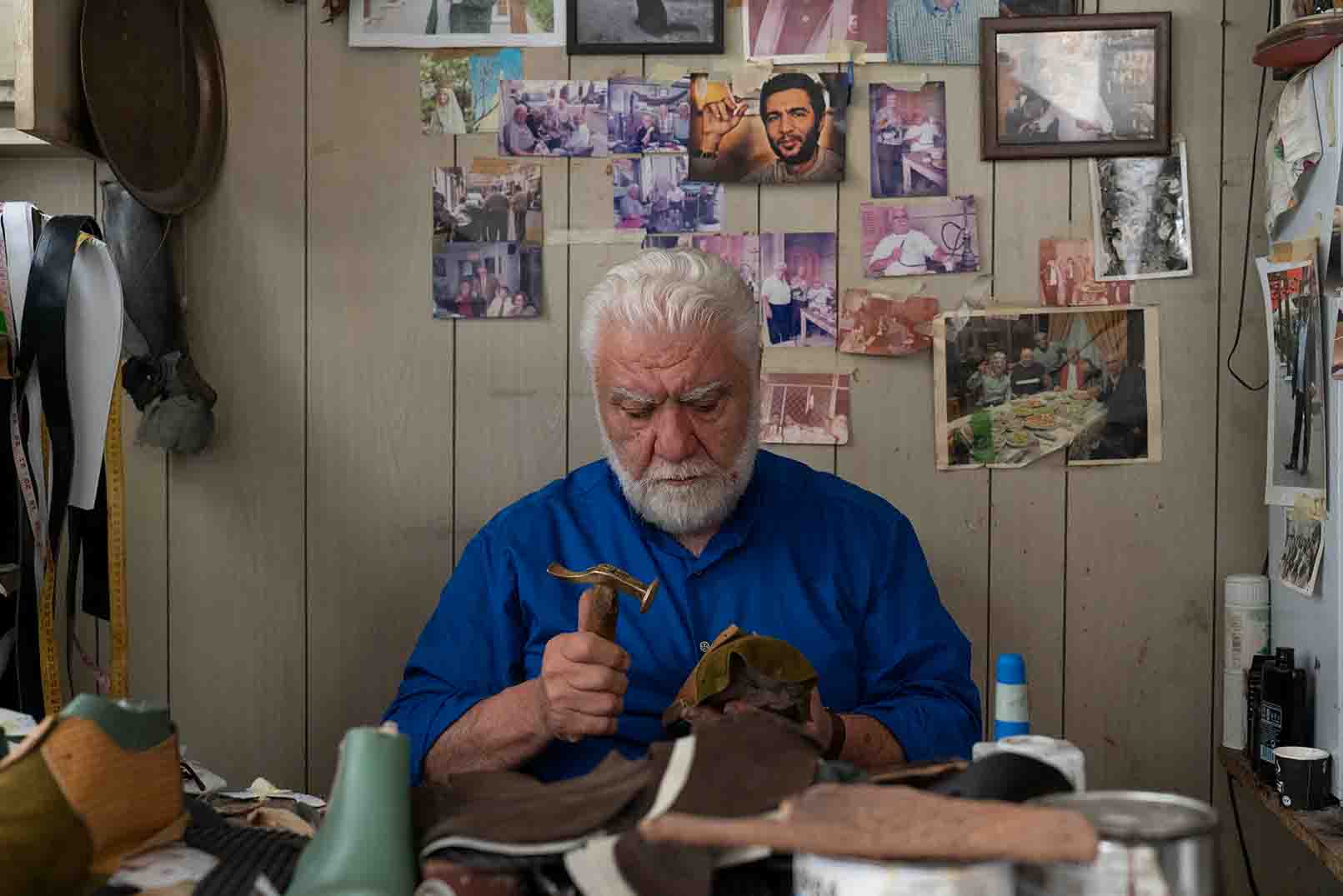
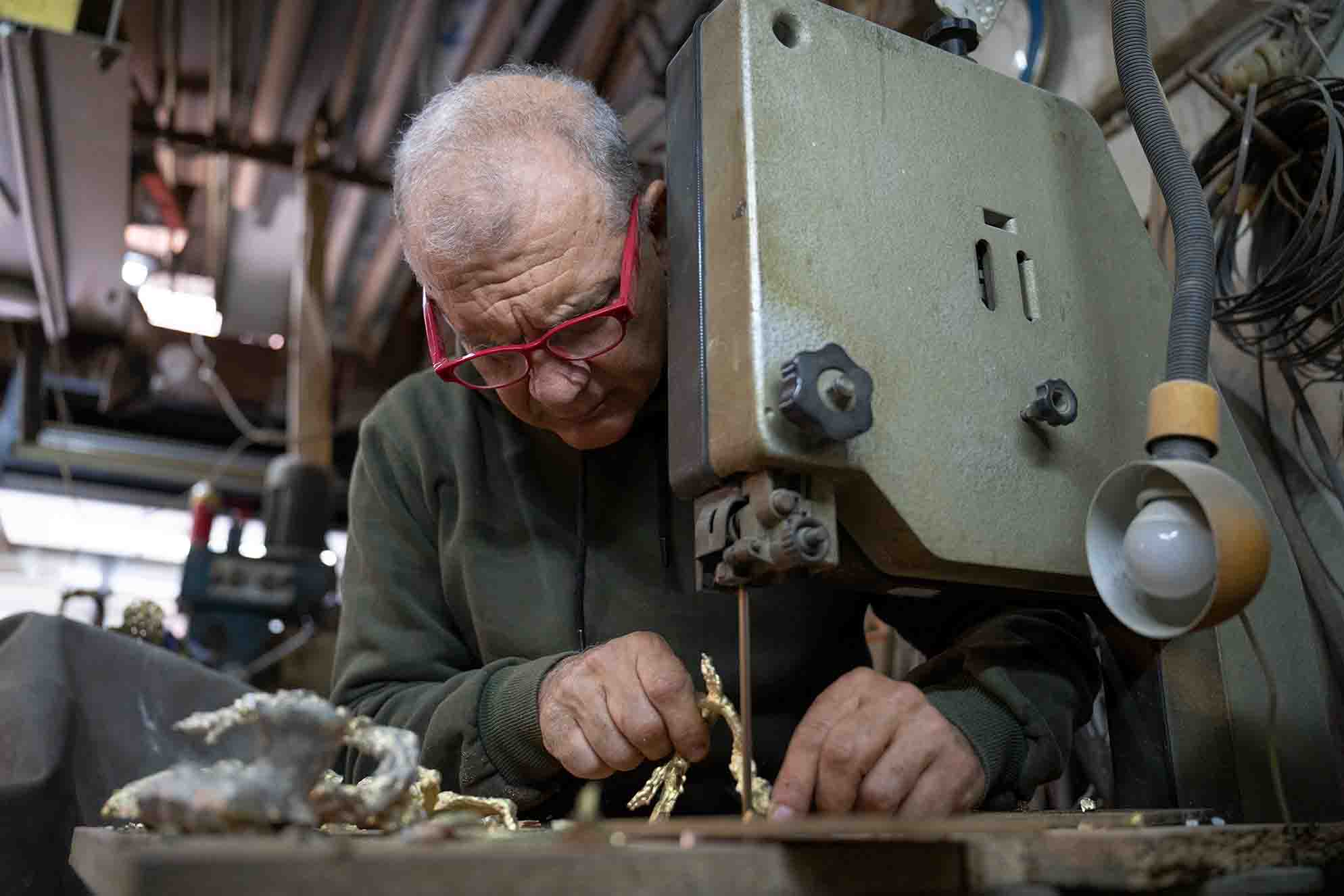
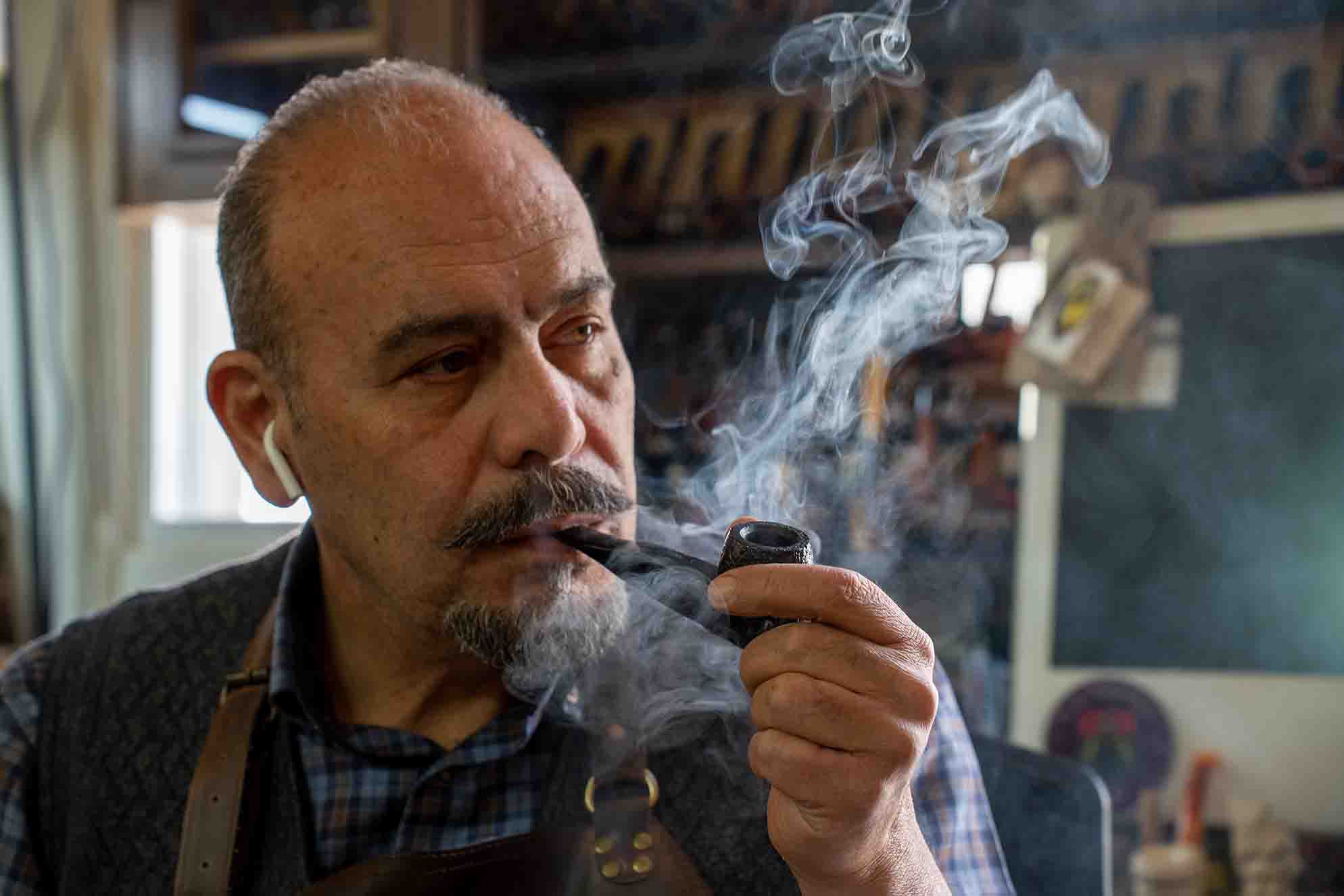
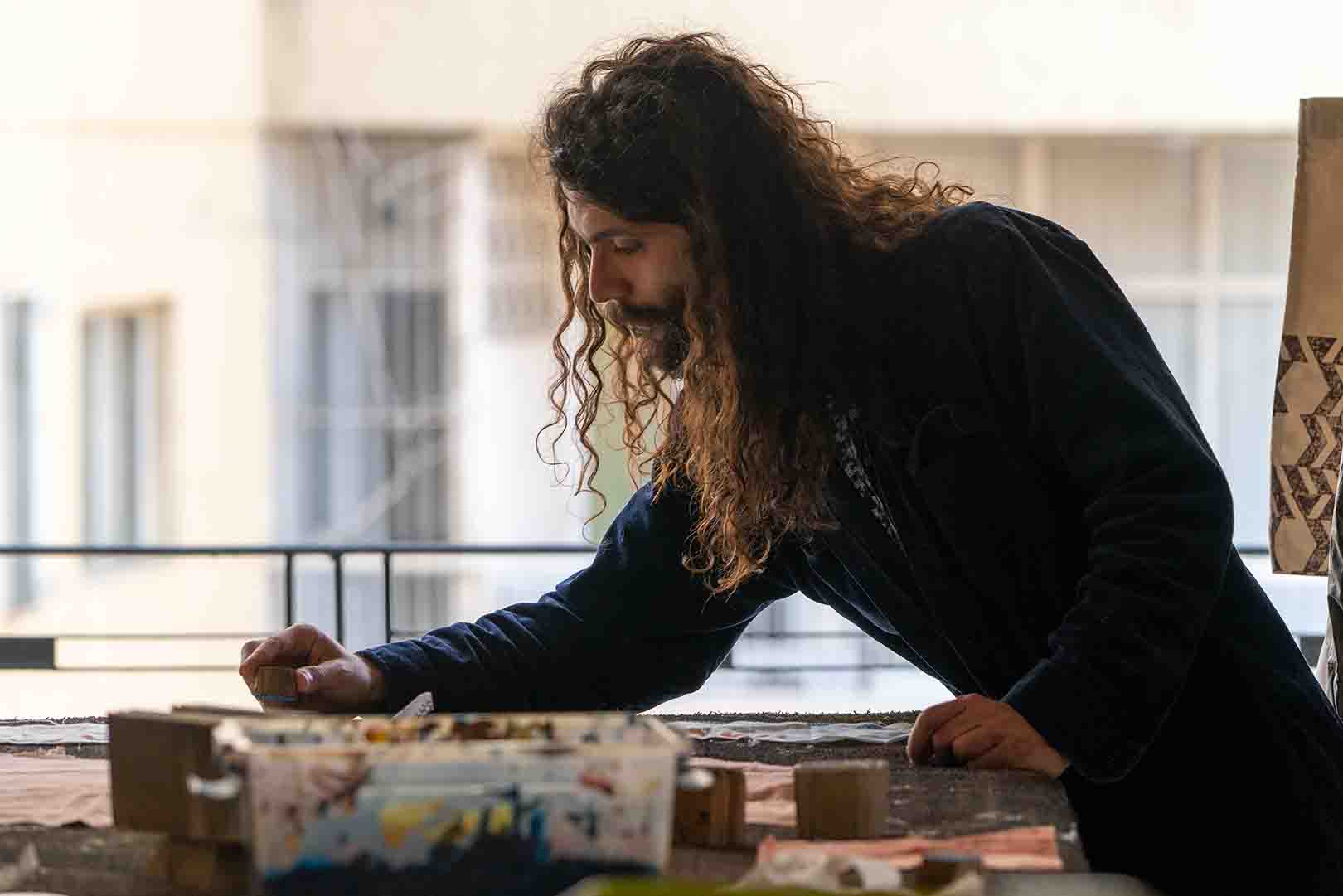
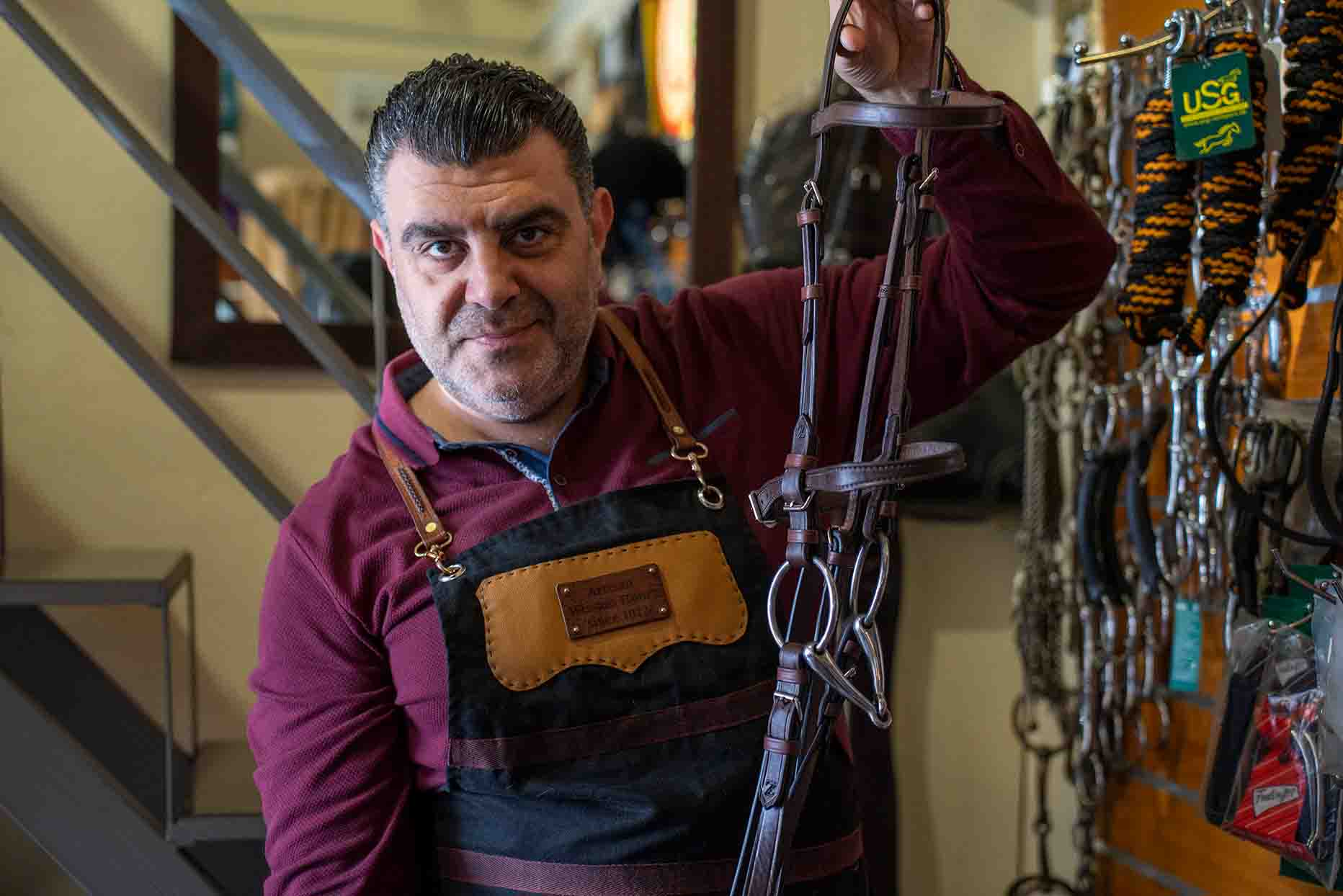
Throughout the Mar-Mikhael-Gemmayze Tour, the living heritage atlas team and participants toured several local craftsmen with different specialties and heard their stories: Mr. Doniguian, who runs a printing press on Armenia street, Studio Kunukku, a block-printing studio, The Circus Hub, one of the first manufacturers of circus equipment, and Coin d’Art, a painting, framing, and restoration family business.
The Bourj Hammoud Tour allowed participants to meet more crafts workshops due to the cluster of craftsmen in the area; the tour started with meeting Hagop Keshishian, known as Jackson, a local who makes and repairs shoes, and moved to meeting his next door neighbor Bedros Keshishian who works in woodworks and carpentry. The tour then resumed with meeting Gregor Ichkerian, a metal sculptor who works with his son, and then Peter Khatcherian, the only pipemaker in the Arab Region. The tour ended with meeting Noubar Eskidjian who specializes in copper work.
Click on a craftsperson to learn more
Archival Image Tours
The Archival Tours brought to the public realm months of archival harvesting and research. By touring the streets of Al Balad and Bourj Hammoud, participants were able to enrich their narrative on craftsmanship in the city of Beirut while understanding the ways in which craftspeople have been marginalized.
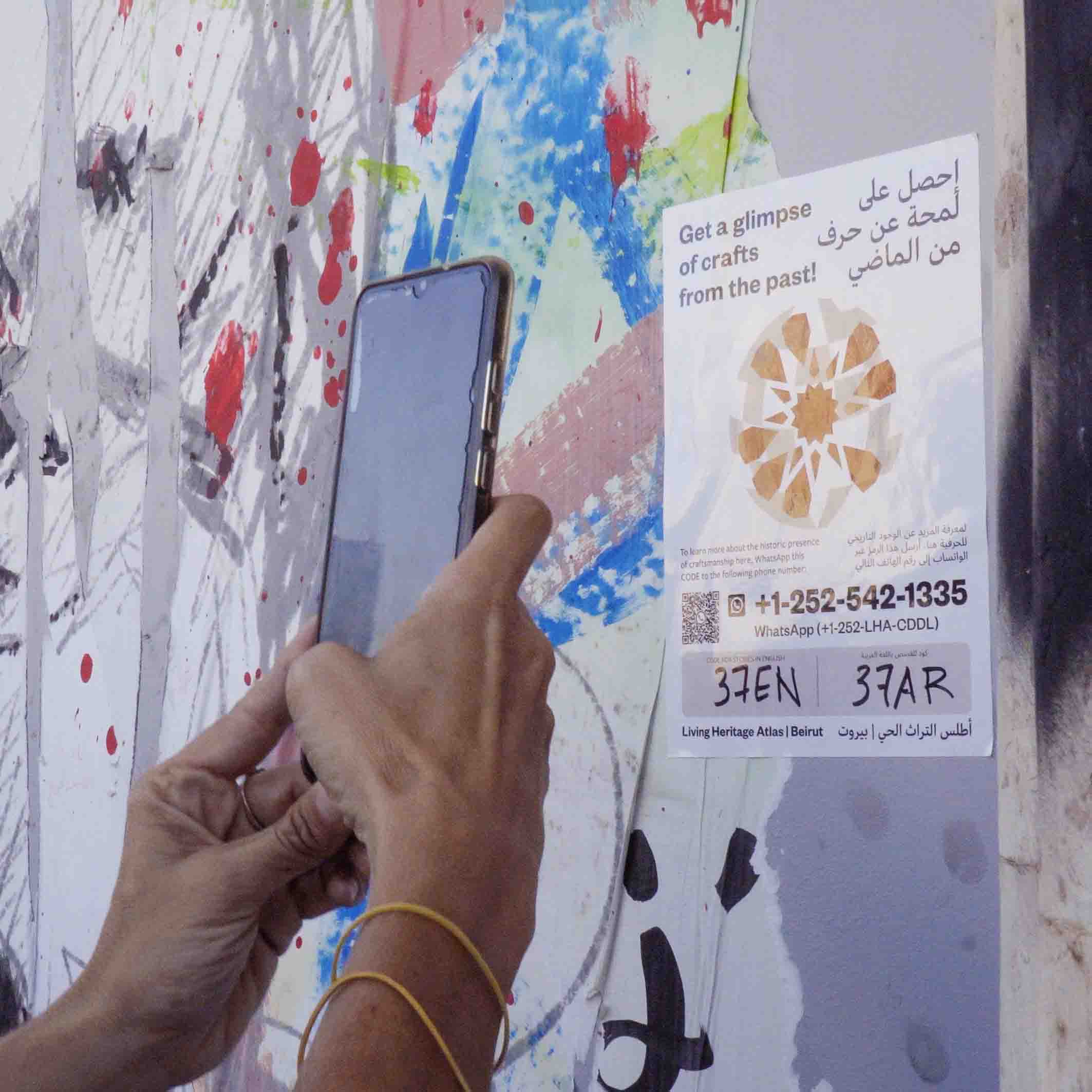
The team previously roamed these locations and placed geo-located stickers to allow for the tours to happen. During the tours, participants followed a map of where those stickers were(image 2), scanned the QR code on them image 3) which led them to a Whatsapp Chat where they sent an allocated code in order to get to view an archival picture, and read a story about it. Unlike the crafts workshop tours, the archival tours focused more on the past of craftsmanship in the city, showing imagery of what was, rather than what is.
These stickers remain posted throughout the city as a reminder to people of what used to exist in those spaces. They act as digital windows into the city’s past. Those interested in a self-guided archival tour can look for the stickers around Al-Balad and Bourj-Hammoud, for an archival digitally-powered experience of craftsmanship in Beirut.

Roundtable Discussions
Diverse panelists were invited to sit around for 3 roundtable events that discussed craftsmanship.The roundtable discussions were moderated by Daniella Maamari (lead researcher & project manager at FHL) and Racha Doughman (events coordinator). Ahmad Khouja (Mashghal Initiative), Arpi Mangasserian (Badguer), Joy Kanaan (Beirut Heritage Initiative) and Pascale Habis (The Ready Hand) sat together for the first panel discussing the documentation of craftsmanship and its importance. In the second panel discussing the legitimizing of craftsmen’s presence, Camille Tarazi (Maison Tarazi), Mohamad Ayoub (NAHNOO), Nicole Hamouche and Roula Haidar (L’artisan du Liban) engaged in a fruitful conversation to look at the different ways this legitimizing can take place and how craftsman can benefit from a legal body to link them to stakeholders. The final panel which discussed the mobilizing of crafts in shared spaces featured Christina Abou Rouphael (Public Works Studio), Elena Costantinou (UNESCO), Nanor Karageozian (UN-Habitat) and Charbel Tawil (Nusaned), who discussed the role of public space and data as art and crafts catalysts.
Mappathon
Participants were invited to contribute to the digital archive through a mapathon, a community mapping event, in which participants brought along a living heritage item (such as photos, maps, and fabric) to be scanned and returned to them. Over 70 participants were presented with detailed maps of Beirut in which they could locate and name crafts workshops that haven’t been previously located by the team. The points were added to the online directory and archival database in real-time and the attendees were provided with detailed instructions on how to contribute their points to be reviewed, through the website directly.
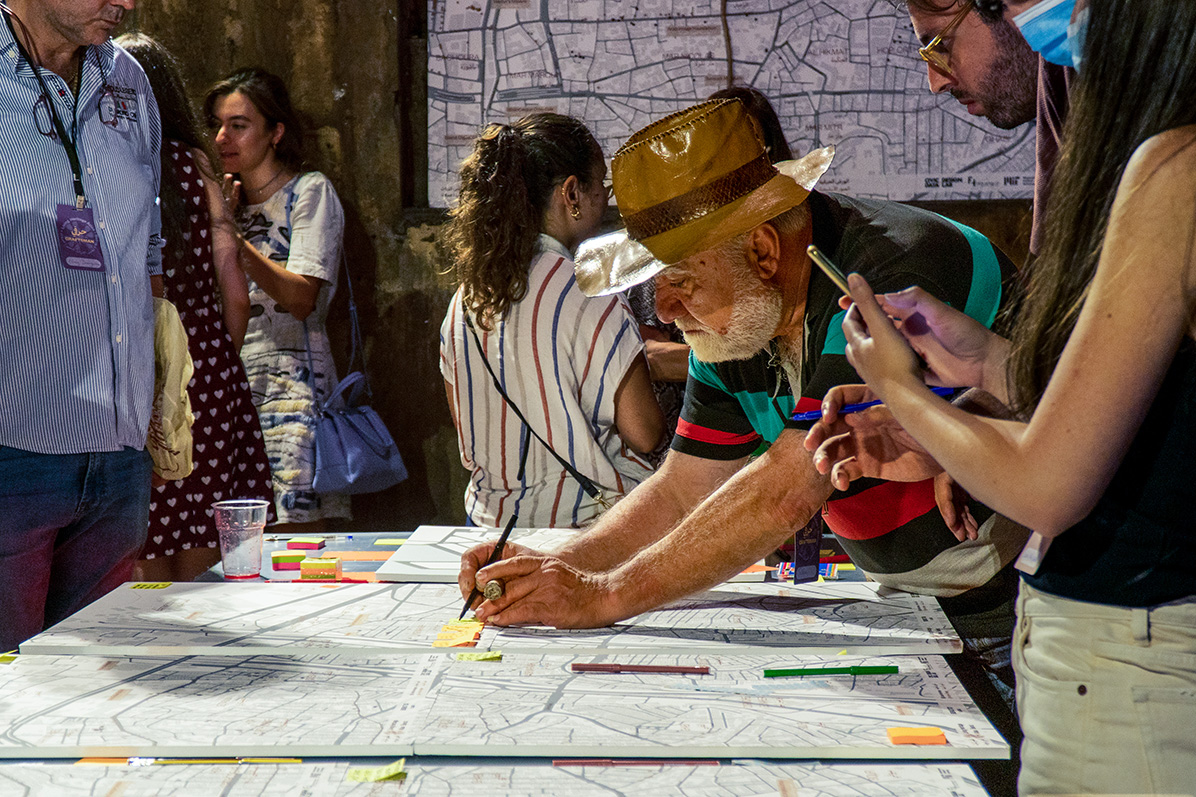
Credits
Living Heritage Atlas was developed by the Civic Data Design Lab and the Future Heritage Lab at Massachusetts Institute of Technology (MIT). Living Heritage Atlas is supported by the Dar Group Urban Seed Grant Fund at MIT’s Norman B. Leventhal Center for Advanced Urbanism.
Civic Data Design Lab
The Civic Data Design Lab at MIT works by using data for public good. Research methods in the lab employ an ethical approach to working with data. Collaboration within an interdisciplinary team of data scientists, policy experts, designers, and technologists catalyzes the development of alternative practices, which make data findings richer, more relevant, and more responsive to the needs and interests of citizens traditionally on the margins of policy development. Borrowing from the traditions of science and design, spatial analytics expose patterns and creative visualizations communicate results to reach new audiences.
Future Heritage Lab
The Future Heritage Lab collaborates with communities affected by conflict and crisis to collect and preserve histories of transcultural exchange and histories of threatened monuments, artifacts, textiles, and crafts. Linking art, culture, and technology, the Future Heritage Lab regenerates relevance of cultural heritage for contemporary conditions and for the future. The team builds future heritage by implementing civic-scale participatory cultural projects that translate traditional crafts into new technologies, advance knowledge transfer across borders, and have a positive impact on threatened communities.
Civic Data Design Lab Team
Sarah Williams (Director), Carmelo Ignaccolo (Lead Researcher & Project Manager), Ashley Louie (Exhibition Lead & Project Manager), Niko McGlashan, Kelly Fang, Enrique Casillas, Gatlen Culp, Huiwen Shi, Sophia Zheng
Future Heritage Lab Team
Azra Aksamija (Director), Daniella Maamari (Lead Researcher & Project Manager), Sarine Agopian, Ramzi Alieh, Ahmad Beydoun, Racha Doughman, Reem Farhat, Kamila El Khechen, Raafat Majzoub, Fatima Moussa, Moussa Shabandar, Reem Obeid, Rasha Zayour



